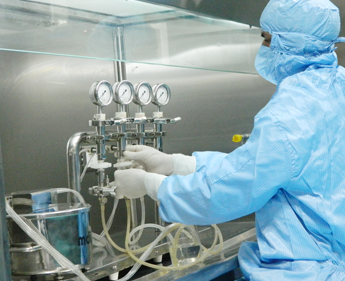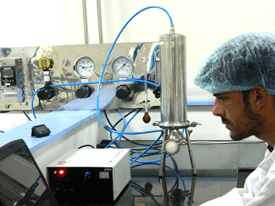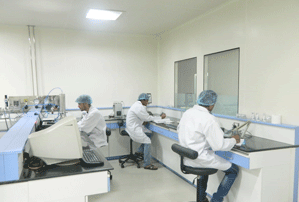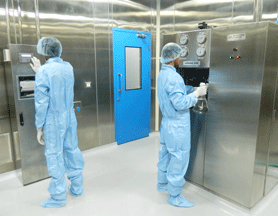
asertain Validation Services
As per regulatory requirement, pharmaceutical industry has to provide a high level of assurance that the sterile drug product manufactured through aseptic processing offers the identity, strength, quality, and purity it purports to have or is represented to posses (Ref. USFDA 21CFR 211.100(a)). Consequently it has become increasing critical to establish/quantify the impact on the drug due to its interface with various process components under different process conditions. Sterilizing grade filters are key components of the aseptic process as these not only ensure sterility of the filtered drug but, as they provide a large surface area for drug interface, can also have a significant impact on other parameters such as purity and strength of the drug. mdi offers a wide range of validation services to establish the functionality, testability, and compatibility of the sterilizing grade filters with the drug product. more....


